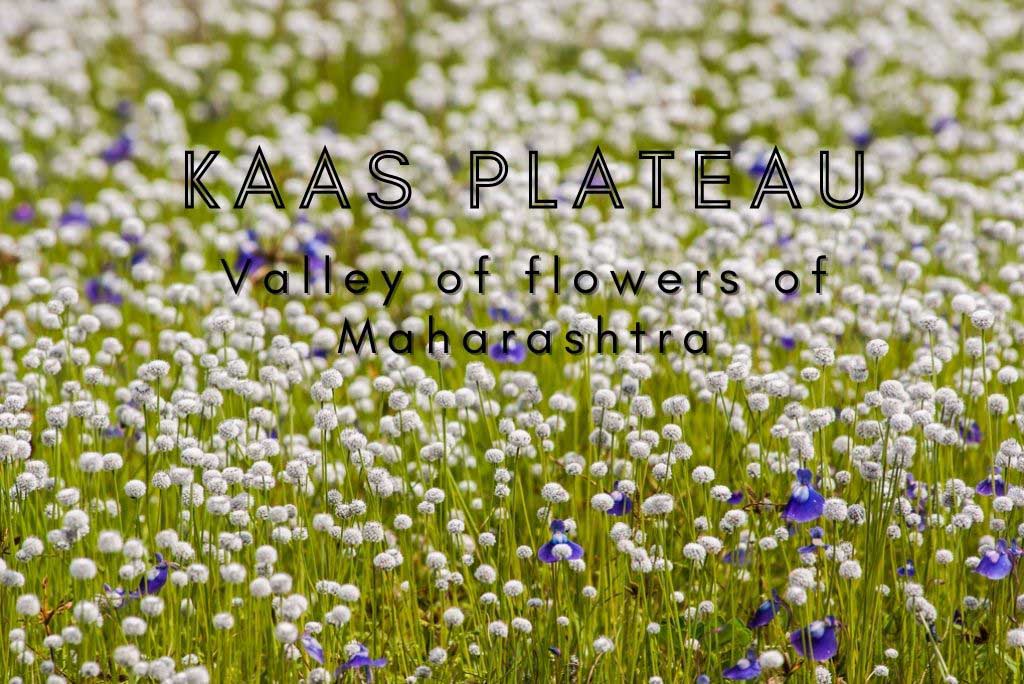Kaas is popularly known as the Valley of Flowers of Maharashtra is a volcanic plateau with very rich bio-diversity. It is home to about 1500 species of plants including 450 species of wildflowers out of which 33 are endangered.
It is also a haven for a wide variety of insects, reptiles, butterflies, mammals, and amphibians.
It’s a heaven for any nature lover or a photographer. The flowers are in bloom during the months of August to October. It looks like a vast expanse of a beautiful carpet weaved by nature. What more – the color of the carpet changes every week based on the predominant flower in bloom.
UNESCO World Heritage Site
Till a couple of years back it was unknown territory in a secluded place, but with the ‘UNESCO World Heritage Site’ tag, it is one of the most popular places among the tourists from all over Maharashtra and beyond.
How to Go to Kaas Plateau
Pune To Kaas Plateau
Pune to Kaas Plateau is 136kms and takes about 3.5 hours. The best way to go is by car or a taxi. ST buses are available to Satara and then further to Kaas.
Satara To Kaas Plateau
Satara to Kaas Plateau is 25 km and takes about an hour to reach.
Mumbai to Kaas Plateau
Mumbai to Kaas Plateau is a distance of 279 km and takes 6 hours
Mahabaleshwar To Kaas Plateau
Mahabaleshwar To Kaas Plateau is 42 km and takes 1.5 hours to go.
Kaas Plateau Booking
If you want to do online booking for Kaas Plateau, you can do so by going to the official website here - Kaas Plateau Booking
Kaas Plateau Season / When to go?
Kaas Plateau looks at its best just after the monsoon when the flowers are in full bloom. Actually, if you go during different weeks, you will see different flowers.
Mid August to Mid October (depends on the onset of monsoon)
Kaas Plateau In July
July is good but it might rain too much. August onwards is a great time.
Kaas Plateau In December
I won’t suggest going to Kaas in December. It is dry and there are no flowers.
Places to Visit near Kaas Plateau
Sajjangarh fort, Thoseghar Waterfalls, Chalkewadi windmills
Kaas Plateau Hotels
Nivant Hill Resort, Maharaja Regency Hotel are the best options. Apart from these, there are some more hotels en route to Kaas from Satara which are overbooked on weekends. However, you will find plenty of options in Satara.



























Tips for photographers
1. If you are interested in landscapes, carry a wide-angle lens. If you don’t have one, the kit lens is good enough. If you are interested in macros, a macro lens would be helpful. If you don’t have one, try extension tubes which are much cheaper.
2. Reach early – mornings are the best time for starting to shoot because of the angle and color of light. Also, you will find fewer people which will help you concentrate and shoot peacefully. Apart from this it also starts getting hot after 10 am.
3. Carry a tripod. If you want to shoot waterfalls with the snowy blur, a tripod is a must.
4. Try different angles – Try different angles for shooting until you get that ‘magic angle’. It makes a lot of difference.
5. Study the various species before you go. That will help you identify the flowers. If you cannot remember them, take a print.
Thanksgiving
Thanks to all my participants who joined me for this tour. We had a great time.All rights reserved. No copying without permission of the author Saurabh Chatterjee


